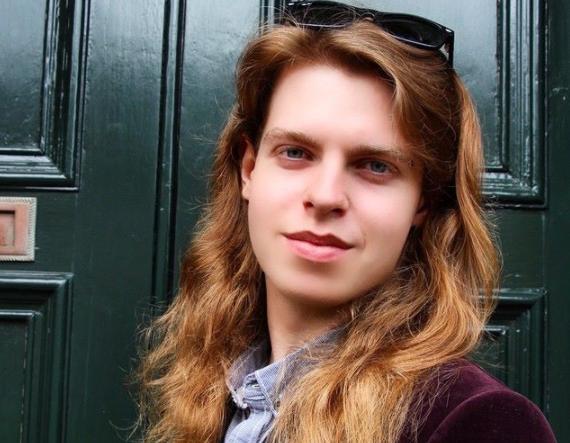
Spectator
Few noticed in 2015 when Seumas Milne excused the tyranny that held East Germany in its power from the Soviet Invasion in 1945 until the fall of the Berlin Wall in 1989. Nearly every page reeked of a sly attempt to sweeten dictatorship and cover up the murder it inevitably brings. It was greeted with deserved indifference.
As for Milne, two-years ago he was just another columnist in a newspaper industry that is stuffed with them. He provided a niche service on the Guardian by catering for a corner of the market that yearned to hear defences of 20th century Soviet Communism and 21st century Islamo-Fascism at the same time and for the same reasons. Now Milne is Jeremy Corbyn’s Executive Director of Strategy and Communications. There is a faint chance he could be the most influential adviser in a Corbyn government, if Labour wins power. He won’t go back to obscurity, if Labour loses, however. Milne will fight to ensure that the modern version of the Hitler-Stalin pact, the alliance of the red and the black, continues to control the opposition.




